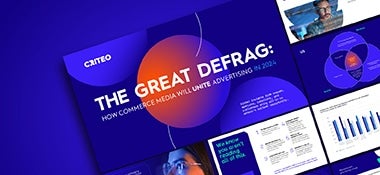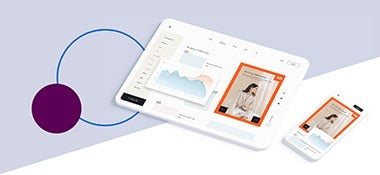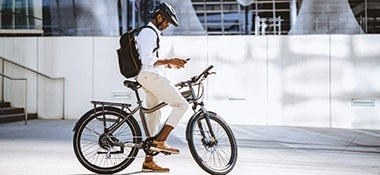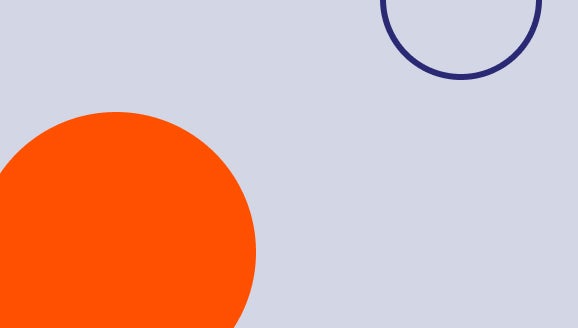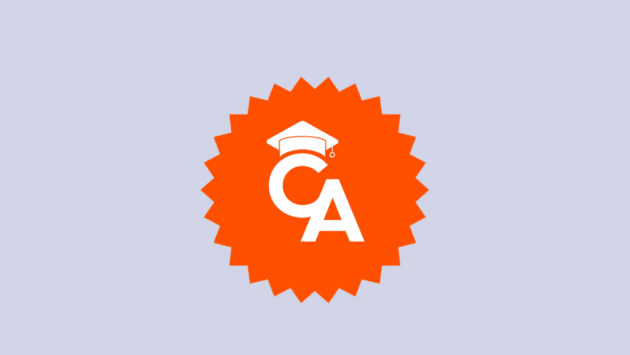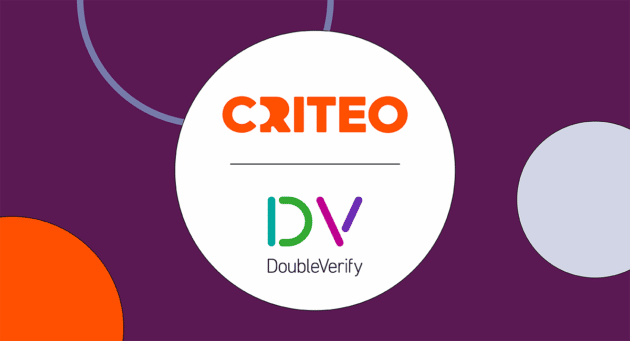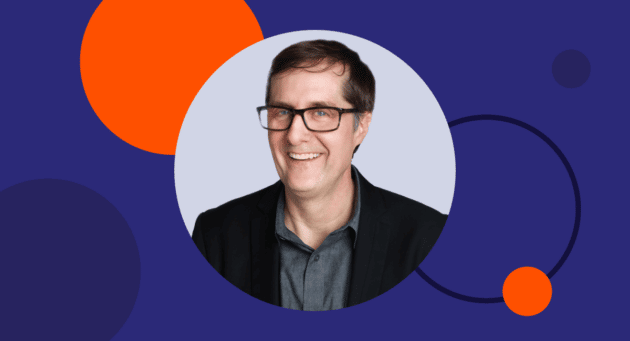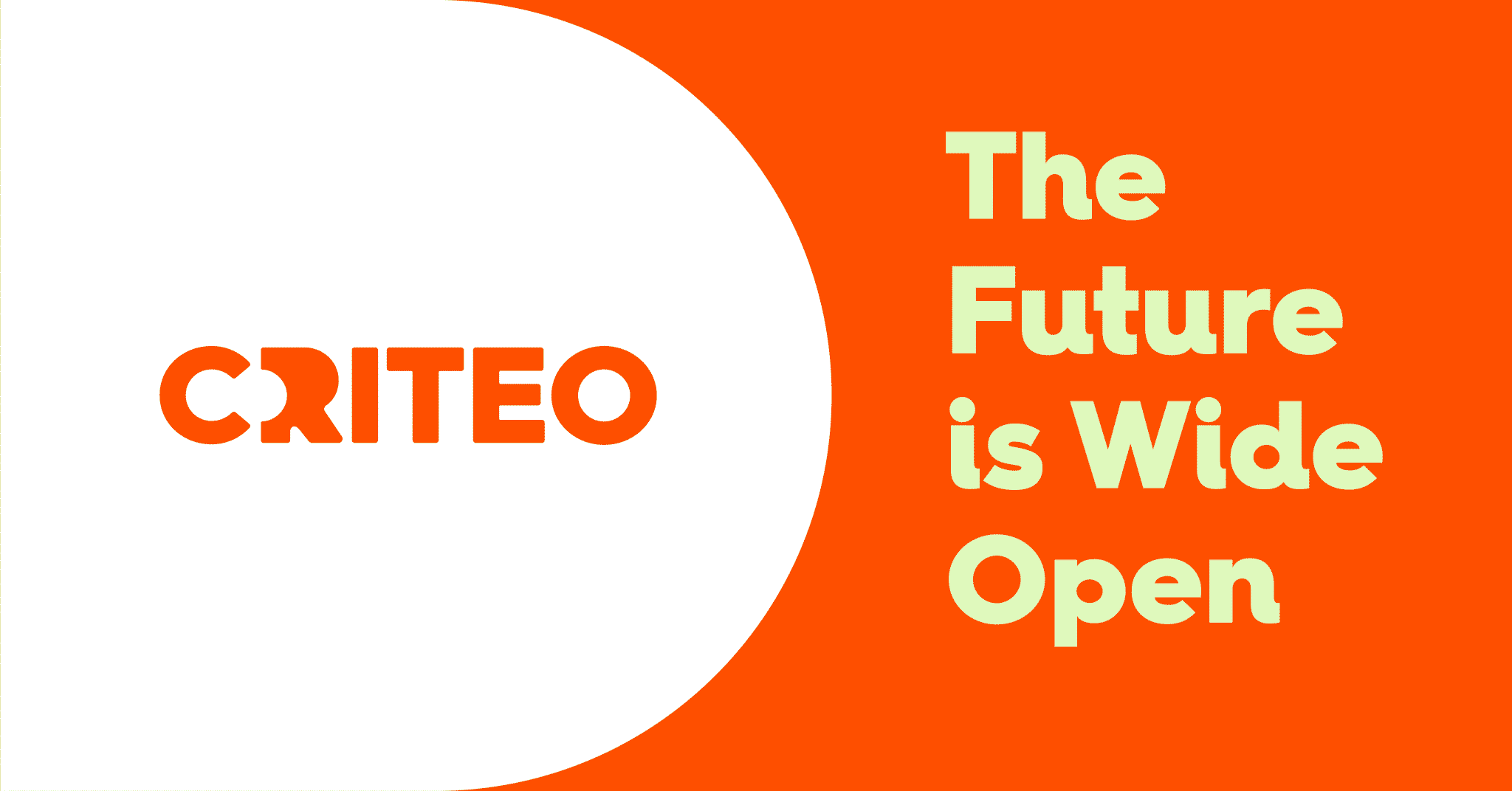While every June is Pride month, this year there’s even more of a reason to highlight the need for diversity and inclusion than ever before. What we’re seeing across the world with the Black Lives Matter movement is that meaningful change comes from joining together, educating ourselves, and holding each other accountable for our thoughts and actions. It’s only with empathy and open-mindedness that we’ll be able to move forward towards true equality for every person.
To honor this spirit of equality during Pride month, the LGBTQ+ community celebrates in a number of different ways. Across the globe, various events are held as a way of recognizing the impact of LGBTQ+ people. Why is Pride held in June? Because that’s the month in 1969 when the NYC Stonewall Riots took place, sparking the movement for gay rights.
As well as being a month-long celebration, Pride is also an opportunity to peacefully protest and raise political awareness of current issues facing the community. Here at Criteo we have a long history of being open, together, and impactful in the LGBTQ+ community. That’s why this year we spoke with one of our own – our CEO, Megan Clarken – to understand her experiences, her views, and what she thinks the future holds for the LGBTQ+ community. Here’s what we learned:
Dominik: Hello Megan and thank you for your time today! To get us started, what does “diversity” mean to you?
Megan: Diversity starts with you, and then it adds me, and them and all. Diversity is a tapestry. A tapestry is not a tapestry if it’s just one square – it’s beautiful if it’s many. A tapestry is not balanced if the blue squares are grouped together and the green squares are grouped together – it’s beautiful when it’s mixed. We are all diverse in our own way, we are all special. Diversity is accepting that and coming together in harmony. All of us.
Dominik: Have you ever been discriminated against in your professional life — either for being LGBTQ+ or for being a woman?
Megan: I have — both separately and at the same time. In my mid-twenties, I worked as a computer operator, and there were times I’d be at the office at night, alone. One night, an executive team member came in, intoxicated after a night out, to collect his car keys. He spotted me, came over swaying and swearing, and sat down next to me. He was making really revolting innuendoes and I was getting very uncomfortable. I ended up sitting there for hours, next to him, just waiting for him to leave. The next day, I decided to report him to my manager, who took it very seriously and quickly escalated it — and I was called in to a direct report of the CEO. This guy looks at me and goes “I know you’ve made this claim, but did you do it because you’re a Lesbian or because you’re anti-men?” Needless to say, I was mortified.
Unfortunately, these things still happen today. They don’t happen to me anymore – nobody would dare – but I learned to deal with it by pulling people up and not allowing it to happen. I will never ever tolerate anything like this and nor should anybody! Discrimination comes from being insecure and threatened, and your response can either be to let it go and move on or respond to it. For LGBTQ+ people, we’ve had to deal with a lot from a very early age on, so it strikes an emotional chord for us that is hard to move passed. You have tactics to get over it, but it hurts to the core. Yet ultimately, it makes you who you are and it makes you come out stronger!
Dominik: Do you have recommendations for LGBTQ+ people entering the business world who face situations of discrimination?
Megan: It differs widely depending on where you are. Some countries are more advanced in terms of anti-discrimination than others. To people in less tolerant countries my advice is to be very careful. In some countries it is illegal and by law you’re executed, so you have to keep a low profile. Unfortunately, that’s where we are this point in time. But, we have to fight for those people and countries and do everything we can to be a global community while being very mindful of those intolerant countries.
We also have to be aware of an unconscious bias. People grow up to act in a certain way, believing what generations in their families believed, but we have to correct those biases. To a young person coming into their career, I would advise to speak up, stop people when they make unacceptable remarks, educate people on what those remarks are, and have a voice! Everybody’s voice counts! You should feel okay about who you are, so you can speak up and call people out for inappropriate behaviors.
Dominik: Have you already seen any best practices in the business world?
Megan: We have to check every policy, including company insurance policies and health policies, to ensure they’re inclusive of spousal rights for same-sex couples. That’s where I’ve seen Criteo already doing its work. Celebrating LGBTQ+ events internally and externally shows that the entire company understands the importance of diversity and inclusiveness and supports them.
Dominik: Do you have any worries around the LGBTQ+ community at large?
Megan: I think hiring has to be diverse, but I do worry when people approach it as “ticking a box.” If you get an LGBTQ+ person on a team, the more they are diverse the better it is, but it can lead to them being “showcased.” Almost for the company to say, “Look what I’ve got, look who I’ve got” as a way to be “cool.” I worry about that because it’s reverse discrimination. Hire the best person for the job!
Dominik: Have you seen anything inside of Criteo that made you say “Let’s do or change this for the LGBTQ+ community?”
Megan: Firstly, I want to say that at Criteo, I see a team of professionals who are also like a family, and it’s so refreshing to see how the teams respect each other. But for an example, I want to bring up something that I bet you never thought we’d talk about in this interview — toilets. On bathroom doors, I’ve seen the indication of whether it be a male or female bathroom by using a very stereotypical image. The male bathroom has a mustache and the female one has the shape of a woman in a dress and it’s important to remember that maybe not everyone can relate to those images.
It’s about spotting things that make you go “Hang on a minute that doesn’t work for the LGBTQ+ community.” We’ve accepted it for many years because we’re so used to it, but why shouldn’t we question it? Even if it’s difficult to get it to change, we should still ask the question. We could do better at Criteo by just opening our eyes and questioning some of the things that we see! So, I welcome the Criteo LGBTQ+ community (and the community overall) to come forward with things they see that are non-inclusive!
Dominik: What associations or groups within the LGBTQ+ community were you part of at other companies? And, have you seen any organizations out there where Criteo would fit in?
Megan: At Nielsen, I was the executive sponsor of the PRIDE group — a group quite active by itself. I supported them wherever I could but cannot claim any ownership. They were able to change company policies such as same sex marriage benefits, as well as health and other benefits. A lot of companies need to be reminded of things they have in their policies that should get reviewed in light of diversity and inclusion.
Another involvement was with the TIME’S UP movement and GLAAD, which looks after LGBTQ+ in all sorts of media coverage and identifies any discrimination of the community around the world. Being part of that was both powerful and very rewarding. You have to choose which associations you want to be a part of, as there are many out there, and those are the ones I chose. I would suggest that the LGBTQ+ community at Criteo comes forward with suggestions of organizations they feel are making the most impact. Then we can review and decide which we would like to partner with as a company. If we are passionate about them and they represent our core values, lets pick a few very progressive ones and get moving!
Dominik: What can we do tomorrow for LGBTQ+ or diversity that can make a change right away?
Megan: Back when John F. Kennedy wanted to put the first man on the moon, he faced pushback from his engineers at NASA. When he asked them why they couldn’t do it, they brought him a whole list of reasons. He then asked them “If you could solve everything on that list, could you put a man on the moon?” When they replied yes, all he had to say was, “Well, then solve everything on that list!”
To make a long story short, we CAN get to a place where we have true equality, no reverse discrimination, no unconscious bias, and have fixed things that don’t cater to LGBTQ+ people in company policies, buildings or events. To get there, if you start a list of what needs to be solved for, you’ll see there are things we can do tomorrow. All the other things we can do over time and once we do that, we’re at a place where we want to be.
Dominik: Have you ever been discriminated against by the LGBTQ+ community itself?
Megan: I would say I’ve discriminated against myself. And I’ve been homophobic towards myself. In moments when I don’t want to be out because I feel uncomfortable holding my wife’s hand in public or because I worry what other people think about me, that to me is being homophobic about myself. That to me feels like I am afraid of who I am and that still happens.
I come from a generation where I’ve hidden for many years, so it’s an unconscious bias of myself. And so, it’s an odd answer to your question, but I think it’s an important one. We can discriminate against ourselves. We can be homophobic towards ourselves. And getting over that is sometimes incredibly hard, but I think it’s important to feel as comfortable as you can. I don’t think I’ll ever be comfortable walking down the road holding my wife’s hand. I come from 30 to 40 years of discrimination against that. So, let’s think about that as a community to better understand how we can help each other overcome discriminating against ourselves.
Dominik: Thank you, Megan!
Megan: Be safe, be kind to one another, and be kind to yourself. Just hang in there and be proud!
Read on for more insights from our CEO, Megan Clarken.



